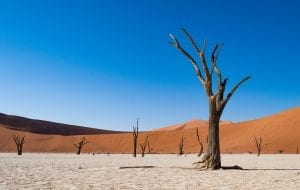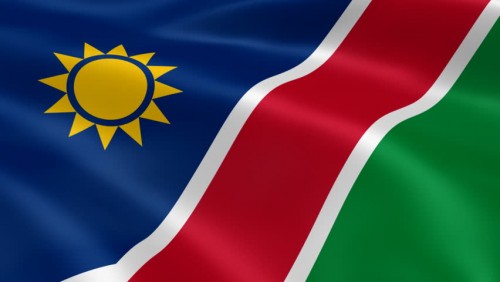
They were initially rejected by both groups but have now settled in Rehoboth in central Namibia and are proud of their heritage. The Baster people ancestrally are a mix of African women and Dutch men.
INTERESTING FACTS ABOUT NAMIBIA AFRICA HOW TO
There are some government communities for them where they are provided food since they are blocked from many of their traditional hunting paths and they do not know how to farm. They traditionally followed the migratory patterns of the animals and still have no homeland. The San people, also called Bushmen, are considered Namibia's first people. Their women also wear traditional Victorian style dresses. Their language is also a clicking language. They are traditionally hunter gatherers and stock farmers. The Nama people are from the south called Namaland. They speak Otjihimba which is similar to Otjiherero. Stolen from the internetochre and is red colored. Both the men and wmoen drss in only loinclothes and the women cover themselves and their braids in otjize which is a mixture of fat and They live in a circle of huts (usually either a man and a few wives or extended family members) that surrounds a central fire and also a livestock pen. The Himba people are the group whose practices are still most like that of their ancestors. They speak Damara which is a clicking language. They supported the Germans because they had been persecuted by the Herero prior to this. They were given this favorable land from the Germans as reward for supporting them during their fight with the Herero.

The Damara people are from the are known as Damaraland which is rish in metals and precious stones. The speak Otjiherero which is similar to Oshiwambo The women wear traditional Victorian dresses with a headdress that resembles cattle horns.

This is considered a precursor to the genocide of the Jewish people during the Holocaust. Owambo womena result, the Germans orchestrated a genocide against the Herero people and killed 80% of the population. They fought against the Germans during colonial times and as
/TripSavvy_Facts_About_Africa_1454136_V1-5b4f9d84e9264f8aa075085fd02950fa.png)
The Herero people are traditonally cattle farmers from the central area of the country. Most of SWAPO, the governing party are Owambo. They are generally from Owamboland which is in the north. They speak Oshiwambo and are traditionally farmers. The Owambo people are the majority group since not as many of them were killed during the war. Afrikaans was the national language and now English is, but anyone who went to school before the end of apartheid is more likely to know Afrikaans than English. There are many different cultural groups of people here, each with their own traditional langauge. Malaria is common in the north but it is not present in the south where we are since it gets cold here. This is in part due to unsafe practices recommended by traditional healers. HIV, malnutrition and TB are very common and the prevalence is actually increasing. The health care utilization and access is very good compared to other African countries but still low compared to Western societies. Herero womanday and people who need jobs done will drive up and pick out people to work for them. They have this program called "Men by the side of the road" where there are desinated spots throughout the city where groups of men just sit all There are definitely lots of people working unofficial jobs but unemployment is still shockingly high. About half the population live below the international poverty line. The country is classified as lower middle income, but 10% of the people have 65% of the wealth. The water in the whole country (other than a small region in the north) is treated and safe to drink.

Windhoek, where we are, is the capital and the largest city. It is the 2nd least densely populated country in the world. The country is about 320,000 square miles (about the size of Texas and Oklahoma together) The population is only 2.1 million which is less than twice the population of Philadelphia. Namibia gained independence from South Africa in 1990. Namibia was a German colony from 1880 to 1915, at which point it was taken over by South Africa and their apartheid policies. Himba womenThought we'd let everyone know a little bit about the lovely place we've been staying for the last 3.5 weeks.


 0 kommentar(er)
0 kommentar(er)
